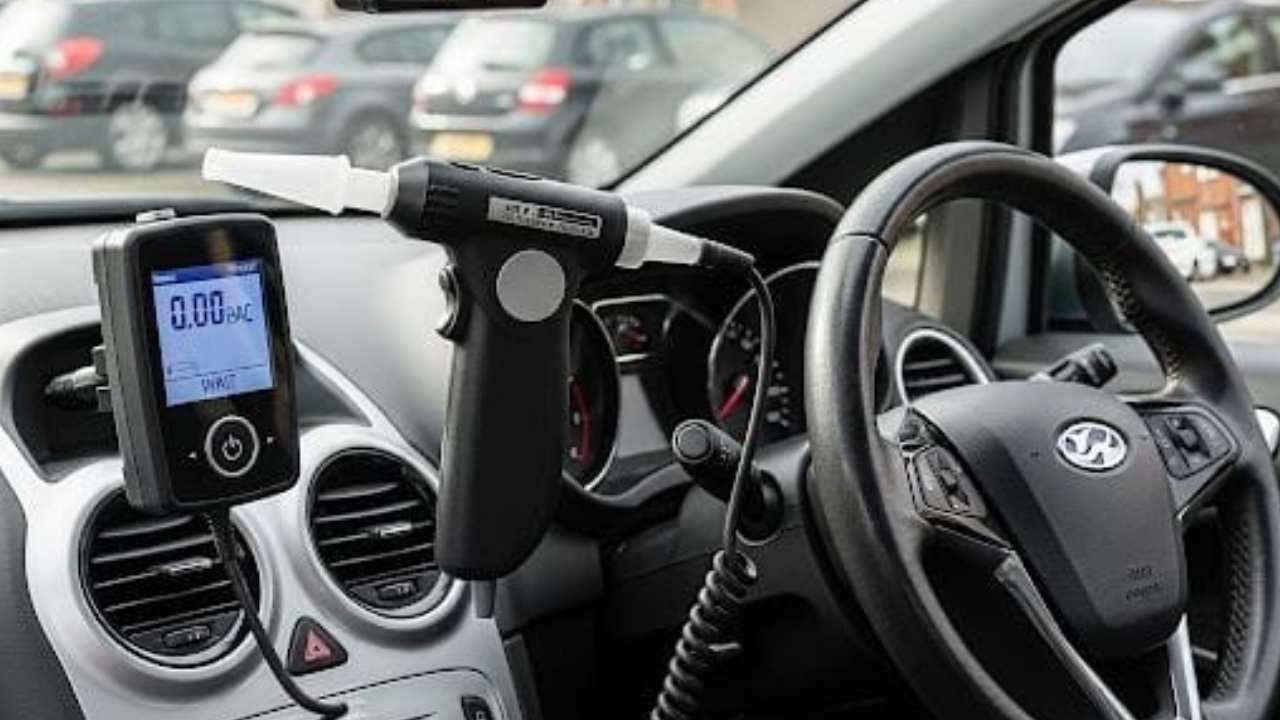In a significant move that could redefine the future of motoring in the UK, the Labour government is pressing ahead with plans to mandate the fitment of breathalysers and black box-style recorders in all new British cars. This decision, announced by Lord Hendy, Minister of State for the Department for Transport, in Parliament earlier this week, signifies a clear "presumption in favour of alignment" with the European Union's General Safety Regulation 2 (GSR2).
The proposed changes would see new UK vehicles incorporate a suite of advanced safety technologies, including an "alcolock" system that prevents a car from starting if the driver fails an alcohol test, Event Data Recorders (EDRs) to log pre-accident data like speed, and Driver Drowsiness Warning (DDAW) systems to alert fatigued drivers. These technologies are already mandatory in new cars sold within the EU following Brexit, and the Labour government argues that diverging from these standards would lead to increased manufacturing costs for British cars, ultimately passed on to the consumer.
However, the move has ignited a political firestorm, with critics, particularly from staunch Brexit supporters, accusing Labour of a covert attempt to re-align the UK with Brussels' rules and regulations. Former Tory leader Sir Iain Duncan Smith described it as "a game being played out where they keep incrementally moving back towards the European Union," while Mark Francois, chairman of the Conservative European Research Group, lamented, "This is still rule-taking from the EU, however you try and dress it up."
The debate extends beyond ideology, with the practical implications for Northern Ireland playing a key role. As part of the Brexit deal, Northern Ireland already adheres to GSR2 rules to avoid a hard border with the Republic of Ireland. This creates a disparity where consumers in Northern Ireland could face higher costs for purchasing new vehicles from mainland UK if manufacturing standards remain different. Labour's stance for "alignment" is understood to address this potential disadvantage for Northern Irish consumers.
Significantly, car manufacturers themselves appear to favour alignment. Mike Hawes, chief executive of the Society of Motor Manufacturers and Traders, stated that "regulatory alignment supports efficient production, keeping costs down for consumers while retaining the widest possible model choice," highlighting the economic benefits of harmonised standards in an integrated automotive sector.
Beyond the political theatre, the introduction of in-built breathalysers, or "alcolocks," has garnered substantial public support as a crucial tool in tackling drink-driving. A recent poll by the RAC found that 53% of motorists believe courts should have the power to order the installation of alcolocks for anyone convicted of drink-driving. This strong backing comes in light of alarming figures from a Freedom of Information request to the DVLA, revealing that over 27,000 individuals were convicted of multiple drink-driving offences in the 11 years leading up to July 2024.
Simon Williams, RAC head of policy, emphasised the need for new measures to address repeat offenders, stating, "Too many lives are lost and ruined by drink-driving... it's very apparent that many of the drink-drivers caught by the police are reoffenders which implies something different needs to be done to change this dangerous behaviour." The RAC is advocating for the UK to adopt this method, which is already in use in countries such as Australia, Belgium, and parts of the US.
The "alcolock" technology itself is straightforward: a driver provides an alcohol-free breath sample to start the engine. If alcohol is detected above a set limit, the engine will not start. Various implementation models exist, from mandatory fitment for all drink-driving convictions to a graduated system for repeat offenders.
While the political debate over sovereignty and alignment with the EU continues, the push for these new safety features underscores a growing emphasis on road safety and a pragmatic approach to automotive manufacturing in a post-Brexit landscape. If Labour's plans come to fruition, the way new cars are manufactured and driven in the UK is set to undergo a fundamental transformation in the coming years.




_2.jpg)



.svg)

_2.jpg)
